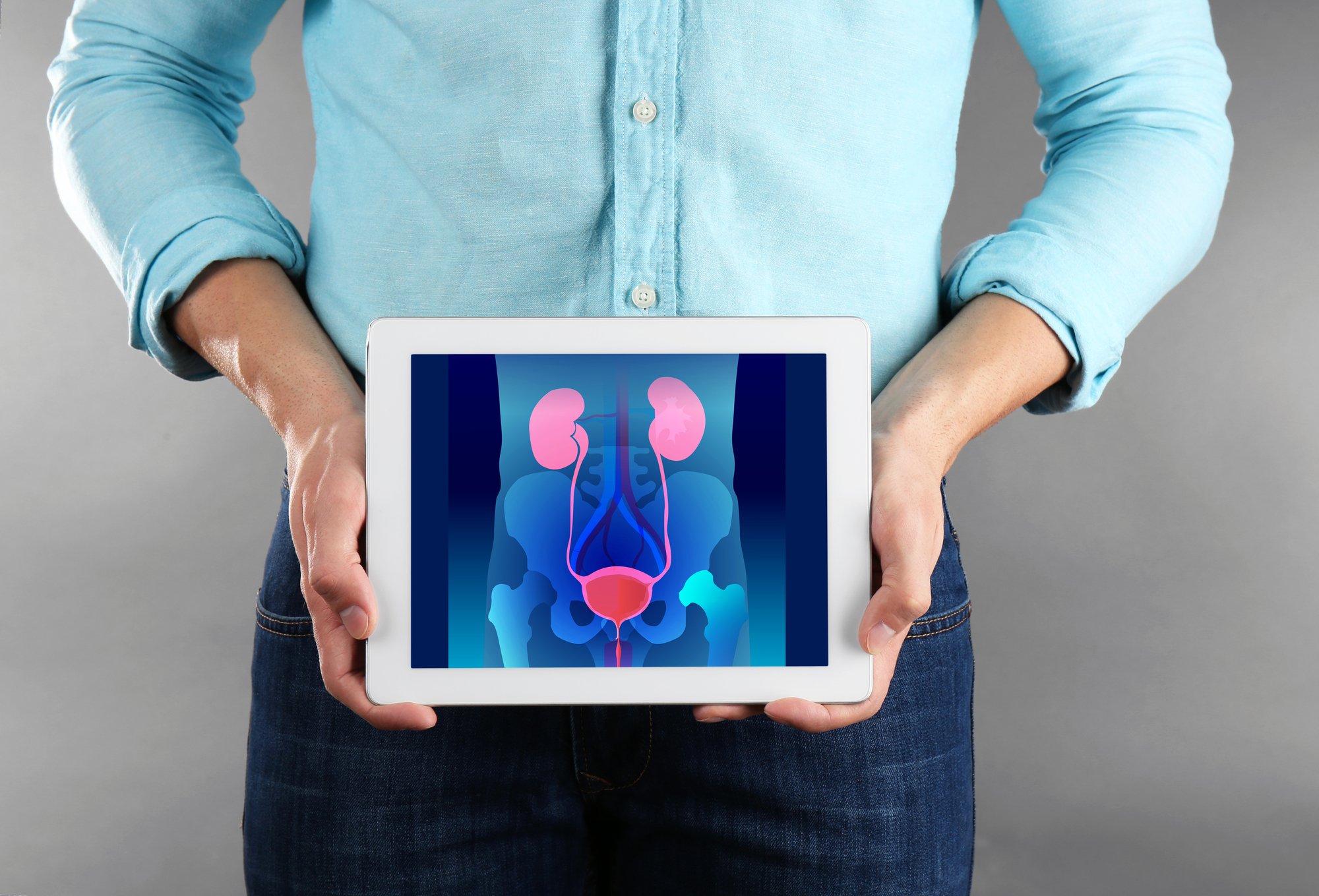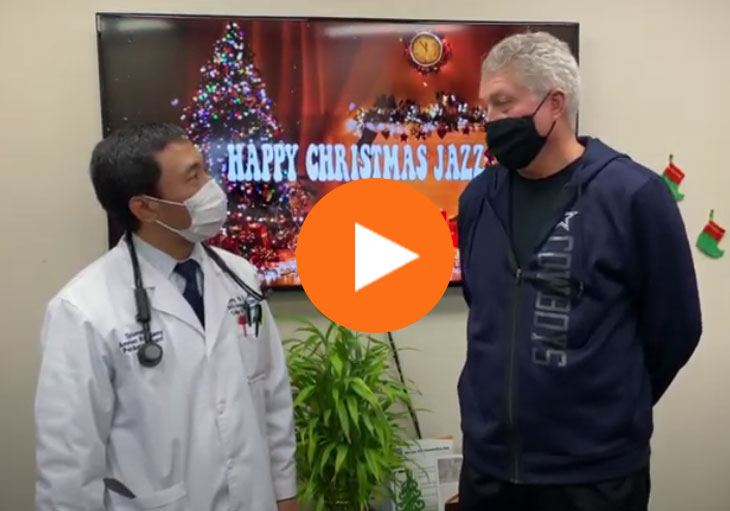The prostate gland (also known as the prostate) is a male reproductive organ. It’s around the size of a walnut and can be discovered towards the bladder’s base. The prostate gland houses the urethra, a narrow tube that permits urine and sperm to exit the penis. The prostate gland produces alkaline fluid that helps to nourish sperm and then exits the urethra as ejaculate (semen).
There are two major growth surges in the prostate. The first is fueled by the testes’ production of sex hormones during puberty. This causes the prostate to grow to a weight of 20 grams on average. When males reach their thirties, the second growth surge begins.
Prostate problems affect men of all ages, but particularly older males. As you become older, your prostate grows larger, increasing your chances of developing difficulties.
The symptoms of prostate disorders can range from inflammation to malignancy.

How Does Your Prostate Change As You Get Older?
Because the prostate gland enlarges with age, it can constrict the urethra, making it difficult to discharge pee. Men in their 30s and 40s may have urinary symptoms that necessitate medical treatment. Others don’t detect symptoms till much later in life. A tumor or an infection can also cause the prostate to enlarge.
Prostate problems become more likely as you become older. Prostatitis, enlarged prostate (BPH, or benign prostatic hyperplasia), and prostate cancer are the three most prevalent prostate issues.
One alteration does not imply the occurrence of another. Prostatitis or an enlarged prostate, for example, does not enhance your risk of prostate cancer. It’s also possible to have multiple conditions at once.
Symptoms of Enlarged Prostate
The following are some of the most prevalent urinary symptoms associated with the prostate disease:
- Urinating more frequently during the day
- The sensation of needing to go again soon after urination
- Lack of force to the urine flow, making directing the stream difficult
- Urinary urgency – the urge to urinate can be so strong and sudden that you may not be able to reach the toilet in time
- The urine stream is slow to start urine dribbling for some time after finishing urination
- A sensation that the bladder isn’t fully emptied after urination
Although these symptoms are frequently self-limiting, if they are bothering you, consult your doctor so they can be properly addressed.
Categories of Prostate Problems
Prostate inflammation (prostatitis), non-cancerous growth of the prostate (benign prostatic hyperplasia, or BPH), and prostate cancer are the three most frequent types of prostate illness. One or more of these conditions may affect men.
Prostatitis
Prostatitis may or may not be a bacterial infection that causes inflammation of the prostate gland. It affects at least half of all males at some point in their lives. This condition does not enhance your risk of developing other types of prostate cancer.
The reason for prostatitis is usually unknown. Antibiotics that can go into the prostate work effectively for bacterial prostatitis.
The most frequent type of prostatitis is non-bacterial prostatitis, or CPPS, which is more difficult to treat due to there not being a test for it. Symptoms differ from one man to the next, so your doctor will need to rule out other possible explanations of your symptoms before diagnosing you.
CPPS can be caused by a variety of factors, including:
- A bacterial prostatitis infection in the past
- Problems with the pelvic floor muscles
- Irritation from certain chemicals
- Chronic anxiety problems
- Problem with the nerves connecting the lower urinary tract
- Sexual abuse
Prostate Enlargement (BPH)
The term BPH refers to benign prostatic hyperplasia. Hyperplasia denotes improper cell growth, and benign means “not cancer.” The prostate enlarges as a result of this. Although BPH is not linked to cancer and does not raise your chances of developing prostate cancer, the symptoms of both BPH and prostate cancer might be confusing.
BPH Signs and Symptoms:
- Starting a pee stream or creating more than a trickle is difficultSeveral times stopping and resuming while passing urine
- Urinating frequently, especially at night, and having the impression that the bladder hasn’t been totally empty
- A urine stream that is weak or sluggish
- Starting to pass pee through pushing or straining
- Urge to pass urine that is strong or sudden
Prostate Cancer
Prostate cancer is a type of cancer that affects men.
Prostate cancer develops by cancer cells forming in the prostate tissues. In comparison to most other malignancies, prostate cancer grows slowly. Cell alterations can start ten, twenty, or even thirty years before a tumor becomes large enough to cause symptoms. Cancer cells may eventually spread (metastasize). The malignancy may have progressed by the time symptoms occur.
Although few men show symptoms of prostate cancer by the age of 50, there may be some precancerous or cancerous cells present. By the age of 80, moreover half of all American males may have cancerous cells in their prostate glands. Although, they might not ever cause symptoms or pose a major health risk, as the majority of these tumors never cause any issues.
Prostate Treatment Program
Antibacterial medications and supportive treatments may be used to treat different types of prostatitis.
Medications to relax the gland’s smooth muscle or lower the size of the prostate, as well as surgery to create a permanently wider channel in the section of the urethra that travels through the prostate, may be used to treat BPH.
Prostate cancer treatment is adapted to the patient’s specific needs. The type of cancer, as well as any other health issues the person may have and their wishes, will all be considered.




